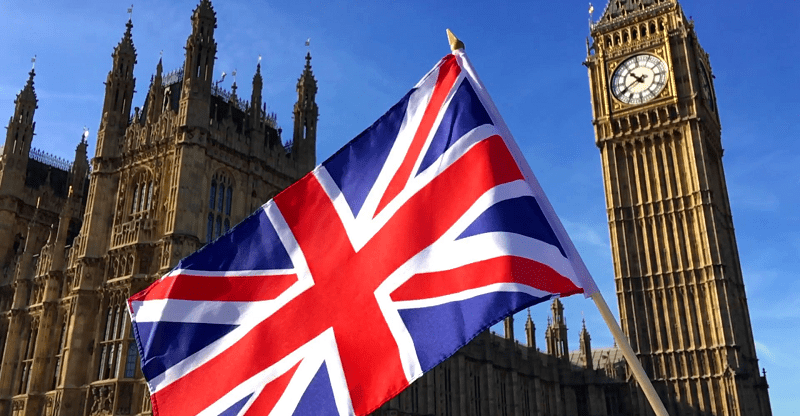British MP Claims Blockchain Technology Can Save UK £8 Billion
Conservative member of the British Parliament Eddie Hughes has noted that the British government is in need of a Chief Blockchain Officer to improve on social freedom, increase efficiency and improve societal trust.
MP Hughes in a report announced today entitled ‘Unlocking Blockchain,’ stated several proposals as well as an international blockchain competition to boost talented blockchain developers and recommended a UK blockchain developmental target known as “a long-term aim for government departments to make a 1 percent efficiency by embracing blockchain and other associated technologies.”
The 1 percent saving will result to £8 billion or $10.5 billion and would be attained with the help of the chief officer supervising the application of blockchain technology to UK public services databases.
The report was released by Freer, an expert linked with the British Tory conservative party, and recommends that businesses who would gain from increased adoption of blockchain technology could fund the international blockchain competition and profit both themselves and the national economy as a whole.
It also mentions what Hughes refers to a “trust deficit,” a lack of public trust in government institutions established after the 2008 financial crisis and “a series of serious public scandals ranging from the illegal misuse of parliamentary expense accounts to claims of harassment and abuse against charity workers.”
“After a never-ending litany of betrayals of trust and instances of overreach, the political and financial establishments, companies, and voluntary organizations that were once seen as pillars of the community, are often now held in little more than near contempt by citizens.”
Hughes classifies DLT and blockchain technology as a way through which the government can boost transparency in government institutions and increase public faith and trust once again.
“Blockchain provides traceability and clear provenance. The blockchain holds all of the data from the start of the transaction, so the full history of any asset that is on the ledger can be known. There is no need to audit vast amounts of data, as the blockchain itself is the audit trail.”
Hughes went on to talk about the other applications of blockchain technology, noting that the retail industry had searched and positively found the capacity to immensely increase operational efficiency through the automation of labor-intensive processes with 82 percent of retail professionals sharing that sentiment in an international survey.
He further mentioned a Santander Fintech report that says that banks may greatly cut down cost related to cross-border payments, regulatory compliance, and securities trading with the application of DLT with a cost reduction of about $20 billion in 2022. It is predicted that Sweden will save $100 million with the use of the technology in their national land registry by automating the processes involved in fraud prevention.





